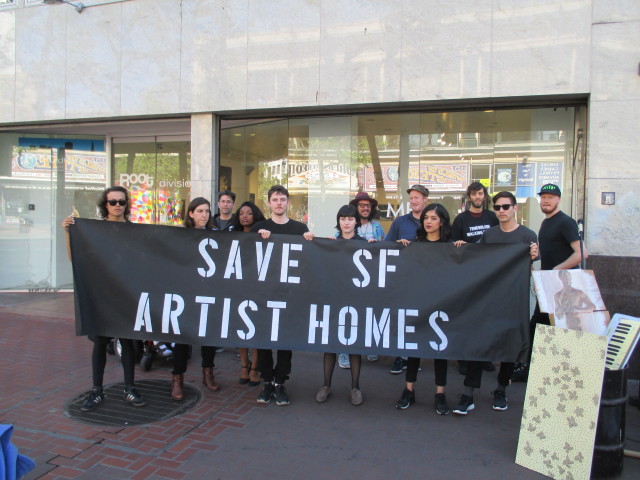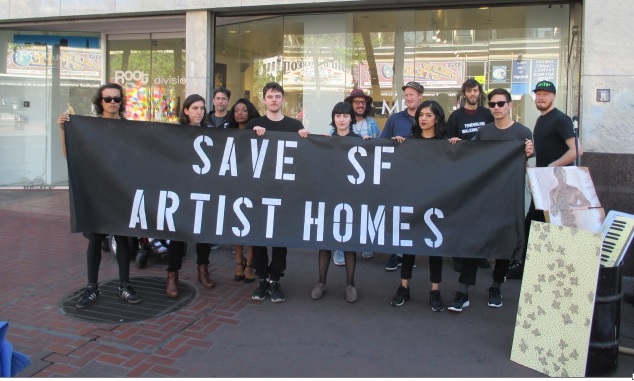The key phrase in the affordable report by the SF Controller’s Office, released today, was mostly buried in news accounts. The headline in the Chron said “affordable rent demand could slow construction.” The lead sentence: “Requiring private developers to rent 20 percent of units in new apartment buildings at below-market prices would slow down construction of housing, the city controller concludes.”
Sounds awful. Sounds like we better cut the affordable-housing requirements. Otherwise nothing will get built at all.

But of course, the study only looks at market-rate projects, which don’t make the city’s housing crisis any better anyway. If we require less than 40 percent affordable housing, the new projects just make things worse.
Here, though, is the real killer, the thing that makes me want to shake my poor addled head and tear out what’s left of my graying hair:
The idea is that the higher the affordability percentage, the less money developers will pay for the land. At greater than 18 percent affordability, the value of the land will drop to a level so low that owners won’t sell the land.
Huh? What? Seriously?
We are looking at a time when every available piece of land that could be market-rate housing seems to be for sale. When everyone who owns developable land has made a total killing in the market over the past couple of years. When the biggest obstacle to the construction of more affordable housing is … the cost of land.
And now the controller says that we should be worried about reducing the over-hyped, over-speculated, vastly-too-high cost of land?
On a policy level, all this says to me is: jack up the affordability requirement even higher. Bring the price of land down even more. At some point maybe it will be cheap enough that the city can start buying more sites.
If we don’t get more market-rate housing for a while, so what? It just makes things worse anyway – according to the city’s own studies. I think the best thing that could happen to this city (and I say this as a homeowner) is a drop in the value of property. That – unlike the build-at-all-costs approach – might actually make housing more affordable.
It would also save blue-collar jobs by making it less attractive to landlords to get rid of production, distribution, and repair tenants and artists and sell their land for high-end housing. It would help small businesses by keeping their leases from soaring as high.
Ordinary working people might have a better chance at buying homes.
It would, or course, hurt speculators and real-estate investors. This is not such a bad thing; it might discourage speculation and sent the out-of-town house flippers somewhere else.
Anyone with me here?






